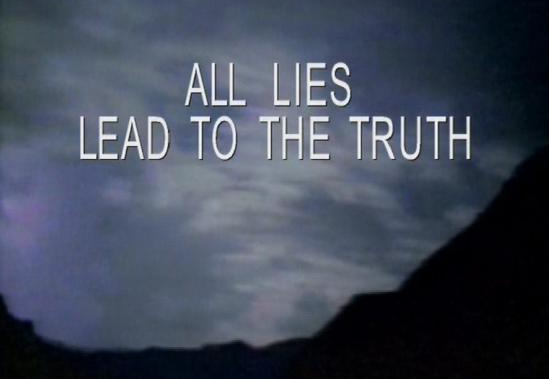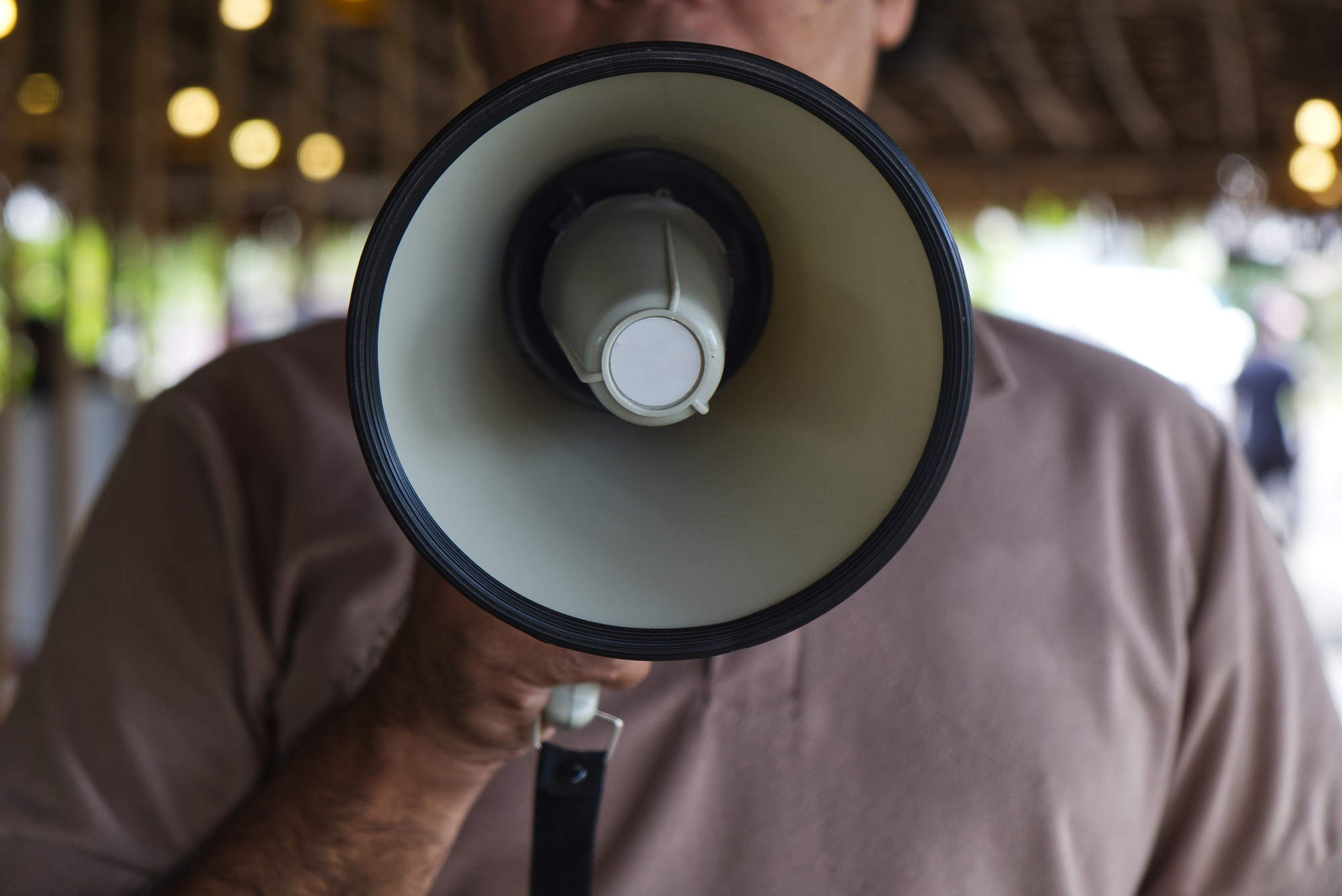Moral Obligations and Tinfoil Hats: The Ethics of Conspiracy
On, March 4th, 2017, Donald Trump claimed, without evidence, that Barack Obama wiretapped the phones at Trump Tower during the presidential election. This is not the first baseless claim that Trump has made about the former president. As the American population is well aware, Trump was one of the most vocal participants in the birther movement. Even after Obama made his birth certificate public, proving that he was born in Hawaii in 1961, Trump said, in an interview with ABC News, ”Was it a birth certificate? You tell me. Some people say that was not his birth certificate. Maybe it was, maybe it wasn’t. I’m saying I don’t know. Nobody knows.”
Trump is far from alone in his acceptance of alternative explanations and conspiracy theories. A Gallup poll conducted in November of 2013 found that a majority, 61 percent, of the American population believed that parties other than Lee Harvey Oswald were responsible for the 1963 assassination of John Fitzgerald Kennedy. This belief persists even in light of the fact that the best evidence supports the conclusion that Oswald acted alone.
Americans responded similarly to the federal siege of the David Karesh’s Branch Davidian compound in Waco, Texas in 1993. The siege took place because the group was suspected of substantial weapons violations. The Davidians, in an act of mass suicide, started a fire. The siege and the related fire resulted in the deaths of 76 people. Conspiracy theories abound, many of which accuse both Hillary and Bill Clinton of the willful murder of the Davidians. This type of theory seemed to be a primary motivating factor in Timothy McVeigh’s decision to bomb The Oklahoma City Federal Building.
According to a Pew Research Center poll, 51 percent of Americans believe that climate change, if it occurs at all, is not man made. 36 percent believe that the “findings” of climate scientists are motivated by a desire to advance their careers, 27 percent believe that their findings are motivated by political ideology, and 26 percent believe that the findings are motivated by a desire to help the climate science industry (whatever that may be). It would seem that half the country believes that manmade climate change, one of the most pressing issues that modern society faces, is a hoax.
Those who tuned in religiously to watch The X-Files in the 90’s would be lying if they didn’t admit that there was something admirable about the character of Fox Mulder. He was, after all, the show’s main protagonist. Many even had a copy of his iconic “I Want to Believe” poster hanging in their bedrooms. What, if anything, is heroic about such a mantra? After all, we should believe things, not because we “want” to believe them, but because we have good evidence for thinking that they are true.
What made us think of Fox Mulder as a good guy? Why was he the hero for blatantly violating Ockham’s Razor every time he had the opportunity? We’ll put aside the fact that, by stipulation, Mulder turned out to be right that aliens, vampires, psychics, and other mythical creatures actually existed. Why did we cheer for Mulder, knowing full well that he embraced the explanations that were least likely to be the right ones? There are many Mulder types walking the American streets, wearing their belief in conspiracy theories like a badge of honor.
To answer this question, we must identify the virtues, if there are any, in belief in conspiracy theories. One such virtue might have to do with the fact that many people accept, without hesitation or critical evaluation, the explanations and justifications offered by authority figures. Conspiracy theorists are, perhaps, more on guard against fallacious appeals to authority than others. After all, explanations do not become accurate simply because the president, a member of Congress, or some committee chair claims that the explanation is accurate. Many conspiracy theorists, then, think that they are employing more strenuous critical thinking methods than the average citizen.
Conspiracy theorists may also claim that they attend to evidence in greater detail than others who do not consider such theories. They may claim that they pay more attention to counter evidence than the casual observer and that, as such, they are in a better position to know what really happened. They may argue further that conspiracies do happen sometimes, and if they do happen on occasion, it is an open possibility that they are occurring in any particular case.
Some might argue that the practice of accepting conspiracy theories is morally neutral. They might claim, as an acquaintance of mine recently did, that “there are no such things as thought crimes.” By contrast, 20th century philosopher W.K. Clifford famously argued, “It is wrong, always, everywhere and for everyone, to accept anything on the basis on insufficient evidence.”
Belief in conspiracy theories has moral implications, not just for individuals, but also for society at large. On the individual level, the routine practice of accepting conspiracy theories makes habit out of bad critical reasoning skills. The practices of giving each piece of evidence proper weight and trusting experts are crucial to successfully discerning truth from falsehood. The implications for society at large are wide ranging. Belief in conspiracy theories can lead to consequences that are as routine as citizens walking around with false beliefs. They can also be as serious as erosion of trust in our major institutions, leading believers like Timothy McVeigh to slaughter scores of innocent people.
It is unwise, then for the face of our government to model bad critical thinking practices for American citizens. After all, if the leader of the free world doesn’t need to exercise caution when forming beliefs, why should any more be expected from citizens in positions of lesser consequence?





